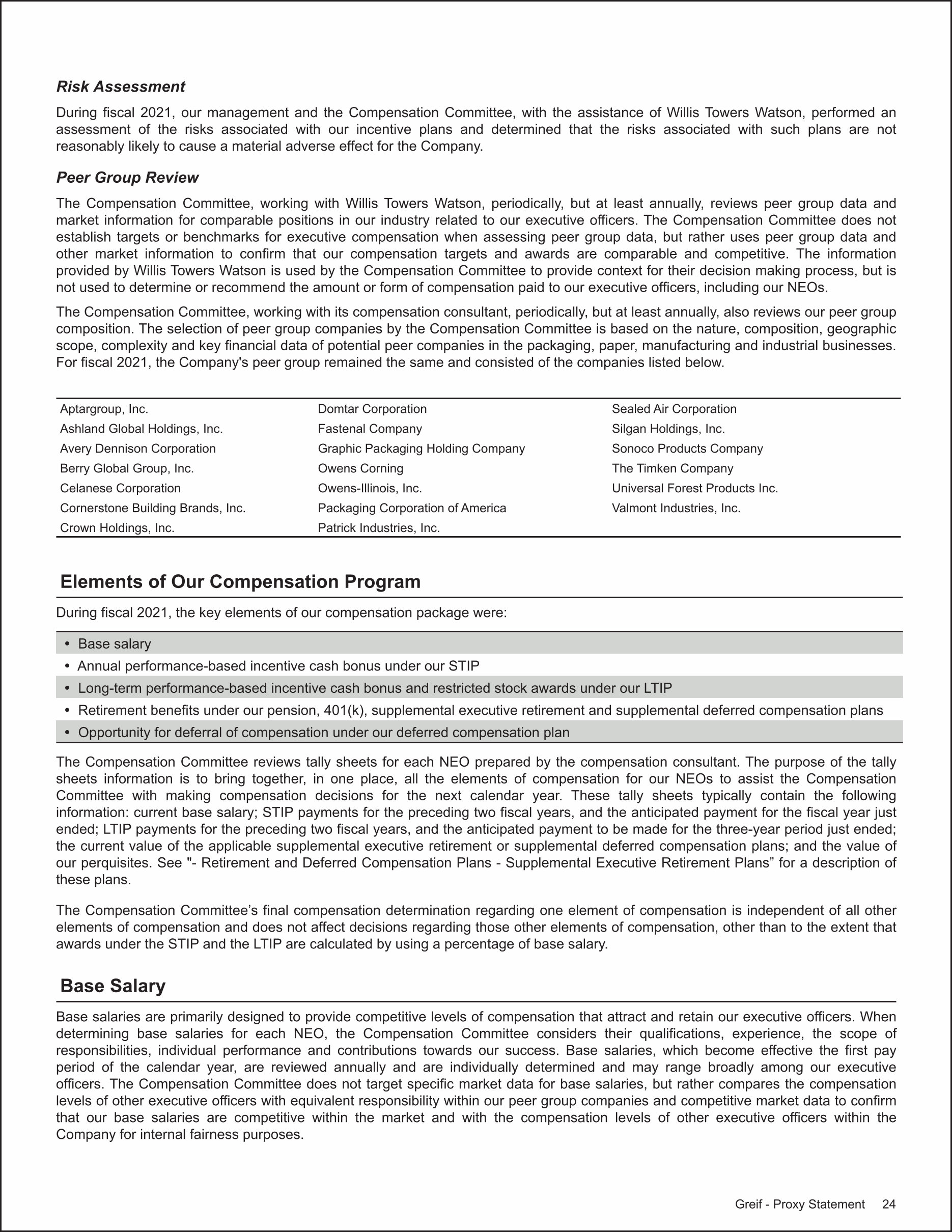
There are many different salaries for consultants. Many firms are known for offering top-dollar salaries for their experienced staff. Although you can negotiate the amount, don't expect a huge raise. There are still some things you should keep in mind when trying to negotiate the best deal.
Base salary
Consider consulting if you're interested in a career. The average annual salary is between US$51,769 and US$149,770. EY's senior consultants earn an average salary of US$172,465 per year in New York. EY offers senior consultants multiple training opportunities and many tools and techniques to aid in their work.

However, the highest-ranking firms see their salaries increase quickly. It is important to recognize that this increase can also be accompanied by a lifestyle increase. Consulting professionals at the most prestigious firms typically receive a 12-20% raise in pay, and are able to enjoy a more balanced work-life. Financial services consultants often get increases up to 30%. This can be very rewarding, but it comes with sacrifices.
Performance bonus
A performance bonus can be a significant part of your consulting salary. This bonus is significant and can vary depending on industry and firm. Some bonuses are more predictable then others. The maximum top-tier bonuses are approximately 60% of the base pay. Below this level, you will earn less than six thousands dollars annually.
If you're a recent MBA graduate, you might be tempted to start at a top consulting firm. After all, the compensation at these firms can be very attractive. Firms can offer up to $90,000. This is for a $190,000. In addition, performance bonuses can range from five to 15 percent of your base salary.
Profit sharing
Since the beginning of this decade, the compensation for consultants has been steady. Many firms have increased total compensation as well as perks such profit sharing. Many firms have also increased base salaries and added signing bonuses as well as maximum performance bonuses. Many companies have also included perks such unlimited PTO, profit sharing, and other perks.

Level of employee
The salary ranges of various consulting firms are based on the type of job and the experience of the individual. Deloitte and other consulting firms have a defined compensation structure. However, it is often possible for an individual to negotiate a higher pay. Ask your recruiter for information about the salary if you have relevant work experience. You may be able, depending on the job, to negotiate a lower base salary or sign up bonus.
FAQ
What happens when the consultant finishes the job?
After the consultant has completed the work, they will submit a final document detailing the results. This report includes the deliverables and project timelines.
Then, you'll review the report and decide whether the consultant met your expectations. If it does not, you can ask for changes or terminate the contract.
What jobs are available as consultants?
Consulting requires an in-depth understanding of operations and business strategy. You need to be able to comprehend how businesses function and how they fit in with society.
Being a consultant requires great communication skills and the ability think critically.
Because consultants may be required to perform different tasks at different times, they must be flexible. They must be able and willing to adapt quickly to changes in direction.
They should be able to travel extensively for clients. They may be required to travel all over the globe for this type of work.
They also need to be able to handle pressure and stress well. Sometimes consultants are required to meet tight deadlines.
As a consultant you might work long hours. You might not always be paid overtime.
Who hires consultants
Many organizations employ consultants to assist in projects. These can include small businesses and large corporations, government agencies as well non-profits and educational institutions.
These consultants may work directly for the organization, or freelance. In either case, the hiring process varies depending on the size and complexity of the project.
You will likely go through multiple rounds of interviews when hiring consultants before you choose the candidate you feel is the best fit for the job.
How did modern consulting come to be?
The first consultants were accountants that helped companies manage finances. They were able to manage financial information and became "accounting experts". But, their role soon expanded to other areas such as human resource management.
The French word for "to advice" was the inspiration behind the term "consultant." This was used by businessmen as a way to describe someone who could provide guidance on running an organization. Even today, many business owners still use "consultant" when referring to professional advisors.
Do I need a degree to be a consultant?
Studying a subject deeply and then applying your knowledge is the best way for you to become an expert.
Start studying today if you want the skills to be a great manager!
It may be difficult to get hired if your degree is not accompanied by relevant work experience. However, if you can demonstrate that you've studied the same subjects as those who got the jobs, you could still apply.
Employers will always search for candidates with real-world experience.
Why would a company employ a consultant to help them?
A consultant offers expert advice on improving your business performance. Consultants are not here to sell products.
Consulting helps companies make better decisions. They provide sound analysis and offer suggestions for improvement.
Senior management teams often have consultants working closely with them to help them understand their needs.
They provide coaching and leadership training for employees to enable them to achieve their peak performance.
They could advise businesses about reducing costs, streamlining processes and increasing efficiency.
Statistics
- WHY choose me: Why your ideal client should choose you (ex: 10 years of experience and 6-week program has helped over 20 clients boost their sales by an average of 33% in 6 months). (consultingsuccess.com)
- Over 50% of consultants get their first consulting client through a referral from their network. (consultingsuccess.com)
- My 10 years of experience and 6-step program have helped over 20 clients boost their sales by an average of 33% in 6 months. (consultingsuccess.com)
- Over 62% of consultants were dissatisfied with their former jobs before starting their consulting business. (consultingsuccess.com)
- 67% of consultants start their consulting businesses after quitting their jobs, while 33% start while they're still at their jobs. (consultingsuccess.com)
External Links
How To
How to Start a Consultancy Company and What Should I Do First
A consulting business is a great way of making money online. No prior business experience is required. It is possible to create a website to launch your consulting business. Once you have a website built, you can start using social media platforms such Instagram and Pinterest to spread the word about you services.
With these tools, you can put together a marketing plan that includes things like:
-
Create content (blogs).
-
Building relationships (contacts)
-
Generating leads (lead generation forms)
-
Selling products (eCommerce websites)
Once you've developed your marketing strategy, you'll need to find clients who will pay for your services. Some prefer to connect with people through networking events. Others prefer to use online resources like Craigslist and Kijiji. The decision is up to each individual.
Once you have a new client, you need to discuss terms. This could include hourly fees, retainer agreements, flat fee contracts, etc. Before you accept a client, you need to know what you expect so that you can communicate clearly all through the process.
Hourly agreements are the most common contract type for consultancy services. You agree to offer certain services at a fixed fee each month or every week. You may be eligible to negotiate a discount, depending on the service that you offer. Make sure you understand what you are signing when you accept a contract.
Next, create invoices for your clients and send them. Invoicing can be a complicated task until you actually attempt it. There are many different ways to invoice your clients, depending on your preferences. For example, some people prefer to have their invoices emailed directly to their clients, while others print hard copies and mail them. Whatever method you choose, make sure it works for you!
Once you have created invoices, it is time to collect the payments. Most people prefer PayPal because it is easy to use and offers various payment options. Other payment processors such as Square Cash. Google Wallet. Apple Pay. Venmo.
Once you are ready to start collecting payments, it is time to open bank accounts. You can track income and expenses separately by having separate savings and checking accounts. You can also set up automatic bank transfers to pay bills.
While starting a consultancy company may seem daunting, once you master the basics, it becomes easy to manage. For more information on starting a consultancy business, check out our blog post here.
A consulting business is a great way of making extra money without worrying about your employees. Consultants can work remotely so they don't have the hassle of dealing with office politics and long working hours. You have more flexibility than traditional employees because you aren't tied down by work hours.